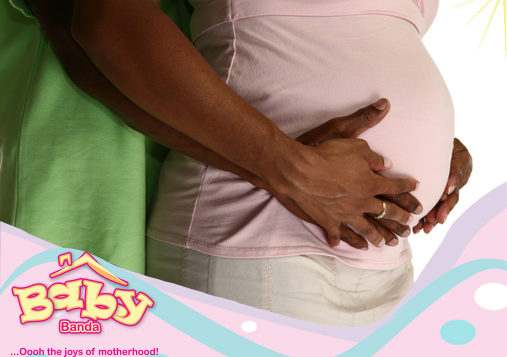According to the Kenya Aids Indicator Survey 2012, there are an estimated 260,000 discordant couples in Kenya. These couples who can also be referred to as serodiscordant are in a situation where one partner is HIV positive and the other one is negative. In some cases, the couples started living together when one is already HIV positive or get infected after getting married. When it comes to starting a family, most people expect such couples not to bear children so that they minimize chances of transmission of the virus to their partner or unborn baby. Even so, many have found ways to get pregnant and deliver children that go-ahead to enjoy healthy lives.
Getting pregnant when one partner is HIV positive needs a lot of research on the solutions available in Kenya and abroad if one is to have a healthy baby. Fortunately, there is a lot of information available online for discordant couples to look through and discuss with their doctor on what would suit them best. In Kenya, two main options have been made available to HIV discordant couples that would like to conceive and they include:
1.Use of the antiretroviral therapy, PREP
HIV discordant couples that do not want to conceive naturally can also choose to be inseminated artificially to get pregnant. If the man is HIV positive, his “washed sperms” can be used for insemination thus reducing the probability of infection to their partner substantially. This medical procedure has advanced over the years resulting in more pregnancies for discordant couples worldwide. Alternatively, if the woman is HIV positive, they are inseminated with their partner’s sperms and asked to use safe antiretroviral drugs during the pregnancy period. Most doctors would also recommend enrollment into a program that advises mums on the best way to prevent mother to child transmission so that their baby is kept free from HIV during delivery.
Overall, mums that are in discordant relationships should also take folic acid to ensure that their baby develops well throughout the pregnancy period. It is important for them to eat well, exercise regularly and avoid stress to increase the chances of safe delivery and healthy baby.














